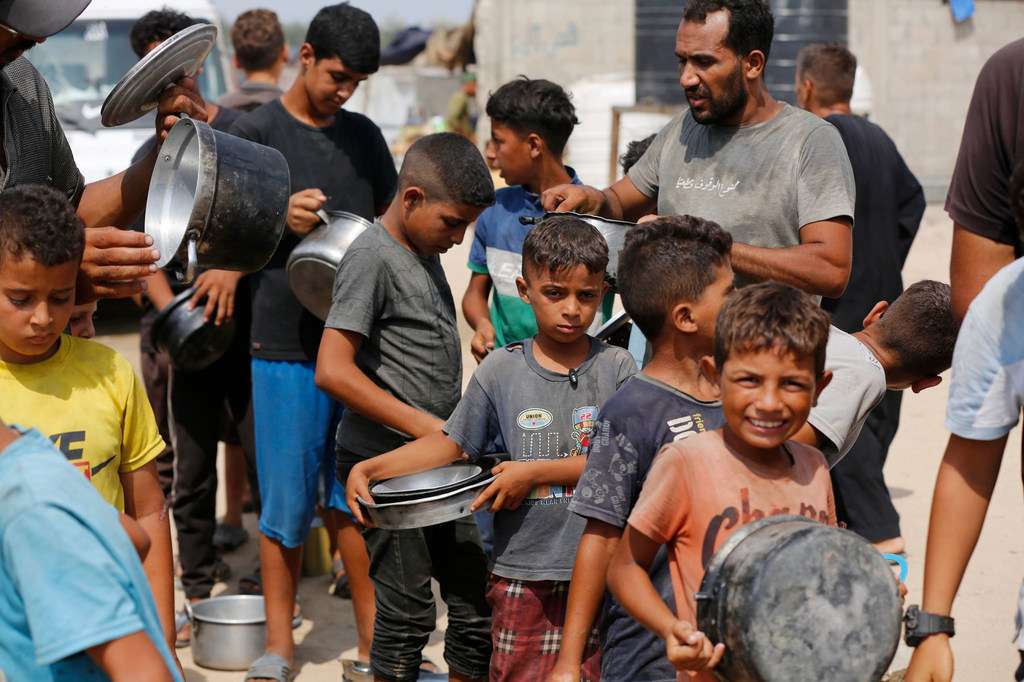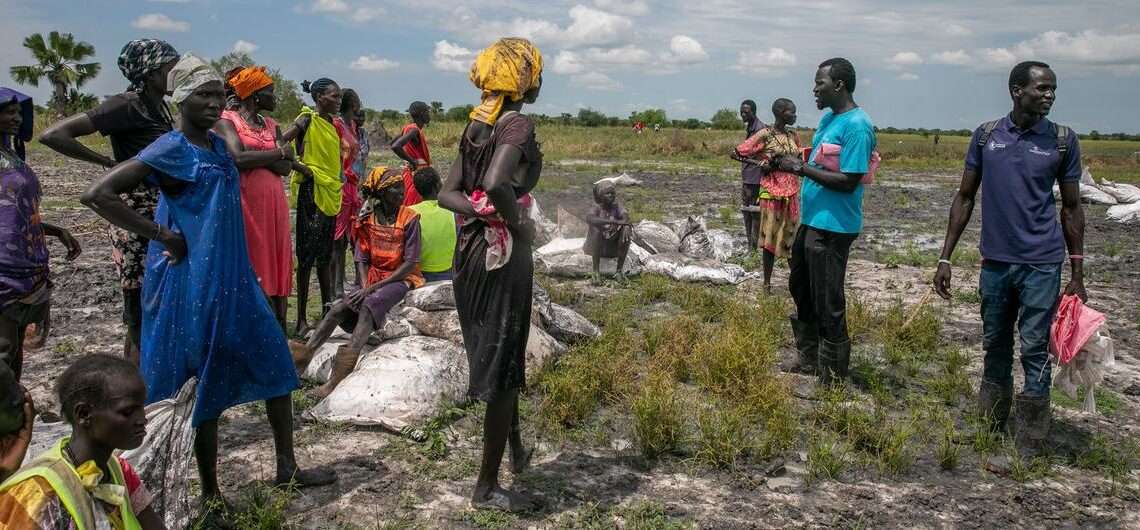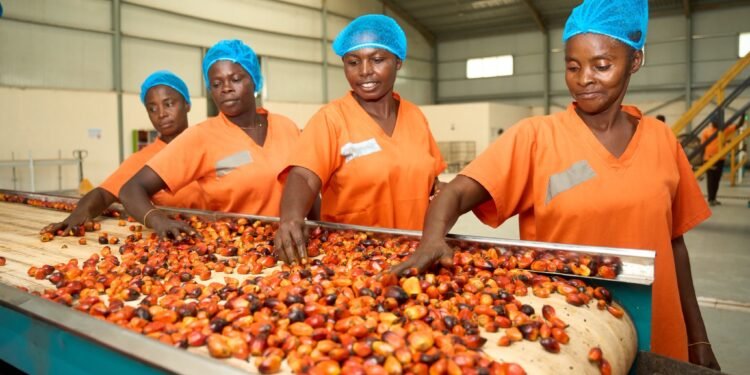The World Food Programme (WFP) has issued a $16.9 billion appeal to combat the intensifying global hunger crisis, a sum the agency equates to what the world spends on coffee in just two weeks.
The urgent call follows the release of WFP’s Global Outlook 2025, which outlines escalating food security challenges.
The report revealed that 343 million people across 74 countries are currently facing acute hunger, representing a 10 percent increase from last year.
Of these, 1.9 million individuals teeter on the brink of famine, with catastrophic hunger recorded in Gaza, Sudan, South Sudan, Haiti, and Mali.
WFP Executive Director Cindy McCain warned of the dire situation, stating, “Global humanitarian needs are rising, fuelled by devastating conflicts, more frequent climate disasters, and extensive economic turmoil. Yet funding is failing to keep pace.”
The agency was forced to scale back operations in 2024 due to funding shortfalls, leaving many of the most vulnerable populations without critical assistance.
Africa, The Heart Of The Crisis
Sub-Saharan Africa remains ground zero for the hunger crisis, with more than 170 million people experiencing acute food insecurity. The region accounts for half of WFP’s funding needs for 2025.
Conflict, including in Sudan and the Democratic Republic of Congo, combined with the climate impacts of El Niño, has exacerbated food shortages. Rising displacement and dwindling resources have further strained humanitarian operations.
WFP has also identified the Sahel region as a critical area of concern, where violent unrest and environmental challenges intersect, making food distribution increasingly difficult.
Middle East And Asia Under Strain
The Middle East is seeing alarming levels of food insecurity, with Gaza, Yemen, and Syria among the hardest-hit areas. In Gaza, 91 percent of the population is acutely food insecure, and 16 percent are living under catastrophic conditions. Protracted conflicts in Syria and Yemen have similarly left millions reliant on food assistance.

Meanwhile, Asia and the Pacific face the compounded effects of climate-related disasters. Extreme weather events, including cyclones and floods, have disrupted food systems and livelihoods, leaving 88 million people in need.
WFP has pledged to strengthen anticipatory action and social protection systems in these regions to prevent future crises and support recovery efforts.
Latin America’s Growing Hunger
In Latin America and the Caribbean, over 40 million people are food insecure, with 14.2 million requiring urgent assistance. The region’s challenges include economic instability and climate-induced disruptions to agriculture.
WFP is focusing on building climate resilience, improving food systems, and implementing social protection programs to stabilize vulnerable communities and curb the rise of hunger.
The $16.9 billion appeal would enable WFP to provide food assistance to 123 million of the world’s most vulnerable people in 2025. Ms. McCain urged international collaboration, emphasizing,
“At WFP, we are dedicated to achieving a world without hunger. But to get there, we urgently need financial and diplomatic support from the international community to reverse the rising tide of global needs and help vulnerable communities build long-term resilience against food insecurity.” Cindy McCain
Despite the growing crisis, WFP remains committed to tailoring its responses to the unique needs of individual countries. The organization plans to align resources and capabilities to deliver targeted, high-quality programs that address the root causes of hunger and promote sustainable solutions.
READ ALSO: Orban To Invite Netanyahu To Hungary In Defiance Of ICC Arrest Warrant























